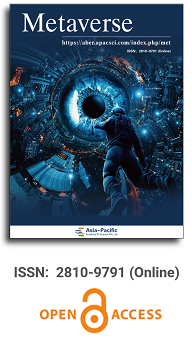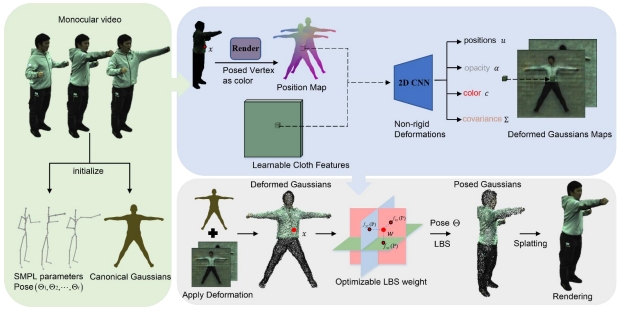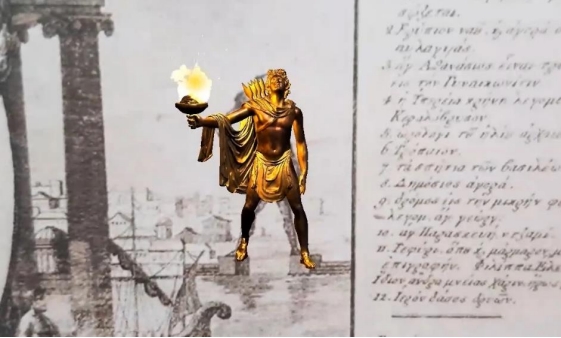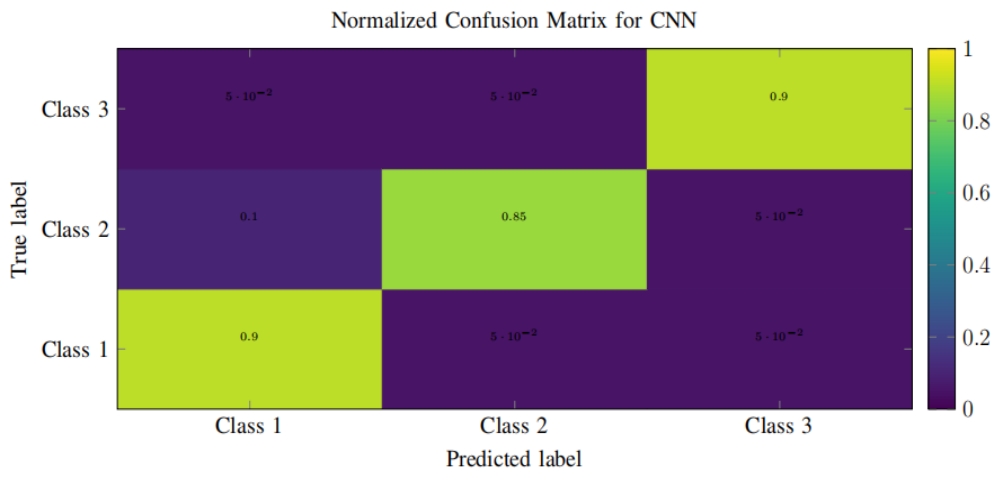
Asia Pacific Academy of Science Pte. Ltd. (APACSCI) specializes in international journal publishing. APACSCI adopts the open access publishing model and provides an important communication bridge for academic groups whose interest fields include engineering, technology, medicine, computer, mathematics, agriculture and forestry, and environment.



Artificial intelligence and the human condition: Opposing entities or complementary forces?
Vol 2, Issue 2, 2021
Download PDF
Abstract
In the 21st century, artificial intelligence is constituted as a force that in many ways surpasses fiction, because in a certain way it is already present in all areas of social life, from internet search engines to determine tastes and preferences in accessing digital information, to intelligent refrigerators capable of issuing purchase orders to maintain the availability of certain foods as they run out. The aim of this essay is to analyze the possible ethical, ontological and legal issues arising from the widespread use of artificial intelligence in today’s societies, as a preliminary attempt to resolve the question posed in the title. Methodologically, it is an essay developed using written documentary sources, such as: Literary works, international press articles and refereed articles published in scientific journals. It is concluded, that AI have the potential to disrupt the lifestyles of civilization in general in many ways reaching, even, to alter the human condition in a negative way by changing its identity and genetic integrity and weakening the protagonist of people in the construction of their own realities.
Keywords
References
- Brito P, Villavicencio C, Sanchez P. Reflections on possible conflicts between artificial intelligence and the future of society. Revista de la Universidad del Zulia 2019; 10(28): 260–280.
- Stiglitz JE. The price of inequality: 1% of the population has what the 99% need. Mississauga: Taurus; 2012.
- Parra R. A perspective of the world ahead of us. Revista de la Universidad Delzulia 2020; 11(29): 3–5.
- Vinuesa R, Azizpour H, Leite I, et al. The role of artificial intelligence in achieving the sustainable development goals. Nature Communications 2020; 11(1): 1–10.
- André R, Romy H. Prerequisites for artificial intelligence in further education: Identification of drivers barriers, and business models of educational technology companies. International Journal of Educational Technology in Higher Education 2020; 17(1): 1–21.
- Garrido L, Shanghai J. Less freedom vs more economic development. Good citizen, by force: China accelerates its 2020 social control plan. Madrid: El Confidencial; 2019.
- Biagini V, Subasic M, Oudalov A, et al. The autonomous grid: Automation, intelligence and the future of power systems (Short survey). Enerdy Research and Social Science 2020; (65): 122–139.
- Harari YN. Homo Deus: Breve historia del mañana (Spanish) [Homo Deus: A brief history of tomorrow]. Madrid: Debate; 2015.
- Harari YN. Sapiens: De animales a dioses. Una breve historia de la humanidad (Spanish) [From animals to gods. A brief history of humanity]. Madrid: Debate; 2014.
- Arbeláez-Campillo DF, Andreyevna M, Rojas-Bahamón MJ. Pandemics as a disruptive factor of geopolitical order in the globalized world. Cuestionespolíticas 2019; 36(63): 134–150.
- Villasmil J. The fragility of human civilizations. Cuestionespolíticas 2020; 37(64): 10–14.
- BBC News. Stephen Hawking: Artificial intelligence portends the end of the human race [Internet]. BBC News; 2014. Available from: Https://www.bbc.com/mundo/ultimas_noticias/2014/12/141202_ultnot_hawking_inteligencia_artificial_risk_humanity_egn.
- Asimov I. Runaround. Manhattan: Street & Smith; 1942.
- Fromm E. Ética y psicoanálisis (Spanish) [Ethics and psychoanalysis]. Sant Diego: Fondo de Cultura Económica; 2003.
- Nietzsche F. Obras inmortales II Tomo 2 (Spanish) [Immortal works II volume 2]. Madrid: Teorema; 2003.
- Nussbaum M. Crear capaciades: Propuesta para el desarrollo humano (Spanish) [Creating capabilities: Proposal for human development]. Buenos Aires: Ediciones Paidós; 2012.
Supporting Agencies
Copyright (c) 2021 Arbeláez-Campillo Diego Felipe, Villasmil Espinoza Jorge Jesus, Rojas-Bahamón Magda Julissa

This work is licensed under a Creative Commons Attribution 4.0 International License.

This site is licensed under a Creative Commons Attribution 4.0 International License (CC BY 4.0).

Prof. Zhigeng Pan
Professor, Hangzhou International Innovation Institute (H3I), Beihang University, China

Prof. Jianrong Tan
Academician, Chinese Academy of Engineering, China
Conference Time
December 15-18, 2025
Conference Venue
Hong Kong Convention and Exhibition Center (HKCEC)
...
Metaverse Scientist Forum No.3 was successfully held on April 22, 2025, from 19:00 to 20:30 (Beijing Time)...
We received the Scopus notification on April 19th, confirming that the journal has been successfully indexed by Scopus...
We are pleased to announce that we have updated the requirements for manuscript figures in the submission guidelines. Manuscripts submitted after April 15, 2025 are required to strictly adhere to the change. These updates are aimed at ensuring the highest quality of visual content in our publications and enhancing the overall readability and impact of your research. For more details, please find it in sumissions...






.jpg)
.jpg)

